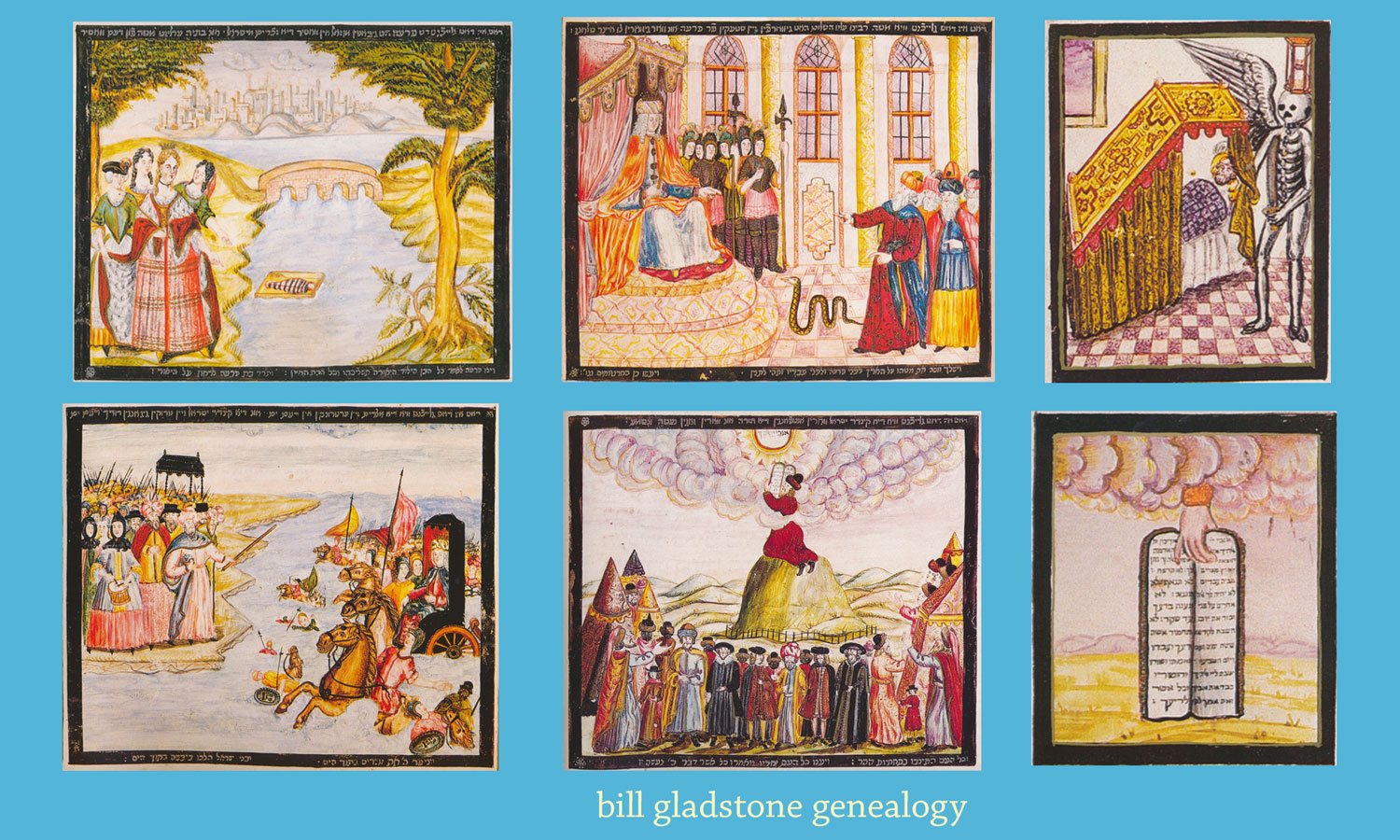From the Canadian Jewish News, ca 2001
For The Time Being (Knopf, $22) is Annie Dillard’s personal meditation on eternity, morality, mortality, the nature of divine justice and other philosophical issues. The book is a spiralling intellectual investigation that moves from the birth ward of a modern hospital to an archaeological dig in China to various sites in Israel, including the Temple Mount.
Twenty-five years ago, Dillard won the Pulitzer Prize for Pilgrim at Tinker Creek, a roving exploration of a simple landscape, laden with scientific, metaphysical and esoteric insights. Now, as then, she seems to write the way a cubist paints, presenting diverse facets of a subject, each from a particular angle, and always confident of her ability to see eternity in a grain of sand.
In For the Time Being, she writes about the uniqueness of people and clouds, the randomness with which birth defects occur, and the suddenness with which mass death can destroy a community, as when a giant wave killed 138,000 Bangladeshis in the 1970s.
As if trying to understand the nature of infinity and God, she repeatedly juxtaposes the individual against the multitude, as though to ask: What significance can one person have on a planet of six billion? She also seems to question whether fate can be just. Do babies, for example, deserve to be born with birth defects?
Besides the highly subjective observations about Israel, the book may be of particular interest to many Jewish readers because of its focus on Jewish mysticism. Dillard seems fascinated with the lives and works of the Hasidic masters, and even includes snippets from the Zohar and other kabbalistic works.
An undisciplined thinker, she makes her points obscurely, often through juxtaposition of ideas and rarely by stating them directly. For example, she writes: “Our sins have nothing to do with our physical fates. When you shell peas, you notice that defective germ plasm shrivels one pea in almost every pod. I ain’t so pretty myself.”
In a public interview during the recent Harbourfront International Festival of Authors, Dillard insisted that she was as much interested in conveying “gags” as in pursuing a philosophical line of inquiry. But she acknowledged that the strong focus on the Ba’al Shem Tov and the Hassidism was a serious choice.
“I brought in the boys who know,” she said.
A Catholic, Dillard seems to be writing for a secular constituency with minimal familiarity with Jewish philosophy. Ultimately, For the Time Being seems like a scrapbook of her personal intellectual quest, one compiled with heavy reliance on the cut-and-paste keys of a computer keyboard.
Does it satisfy? That depends entirely on whether the reader is intrigued enough to follow the best-selling author down her peculiar and self-indulgent path. ♦





